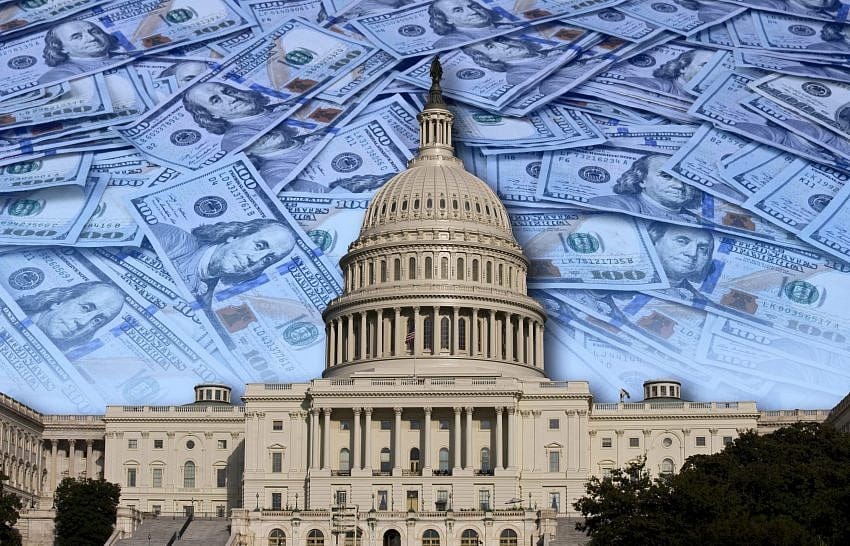Socialism? Supersize Us!

The definition of socialism is infinitely mutable. At different times in different places, the precise manifestation of socialism shows remarkable variety. Today, socialism is generally regarded as an unthreatening term. In a past era, the word had foul connotations after being adopted by the most evil totalitarian regimes in the history of the world: The Union of Soviet Socialist Republics and the National Socialist German Workers' Party. The self-proclaimed national and international socialists tag-teamed in 1939, invading Poland and igniting the conflagration of World War II.
Probably the most universal characteristic of socialism involves state (sometimes euphemized to "social") ownership of the means of production. This slogan possessed real power in the age of industrialization, when laborers endured long hours in Dickensian work conditions. Meanwhile nouveau riche capitalists replaced the landed gentry as the economic elite — or, in today's lingo, the one percent.
